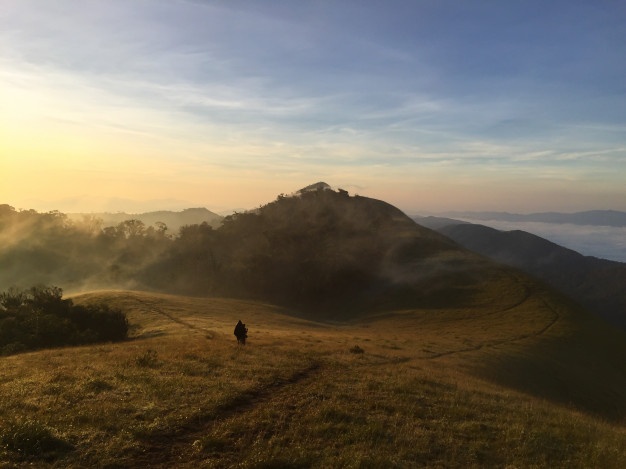The sensors (or film) behind your lens area unit sensitive to any ultraviolet radiation rays that tend to return in with the sunshine. We tend to will see the ultraviolet radiation rays however our cameras can. Ultraviolet radiation rays impact on} the images we tend to take by messing with the distinction and inflicting a haze effect. Therefore what will we do to mend that? Get some filters, typically the interchangeable kind so we are able to switch them because the occasion demands. Although, these days most digital cameras have a inbuilt infrared obstruction filter. However, that's not the case with all cameras and having filters area unit still smart to stay in mind if nothing else to shield the front part of your lens. One style of ultraviolet radiation based mostly filter is that the haze filter. The haze filter is analogous to an ultraviolet radiation filter however it isn’t quite constant. An ultraviolet radiation filter is colorless, whereas a haze filter encompasses a variety of tint thereto. Not solely do haze filters cut back the ultraviolet radiation rays exposed to the CCD, however conjointly cut back a number of the blue that the haze causes. Typically you utilize the haze filters in aerial and marine photography, which might be seeing as however the blues might be overwhelming while not a haze filter. So once the sky looks kind of hazy and you simply will appear to induce your image the means you would like them, get out your haze filter and use it. When I was a novice I perpetually puzzled why Associate in Nursing with efficiency taken image will offer the impression of being therefore filled with impact. I wished to require an image that has colors are bright or a sunset that just about feels wet, a sky that's therefore lucid and blue or maybe a portrait shot that look therefore gentle and soft. The secret behind this professionally taken image is that the good use of the filters. A lens filter in film photography is connected to the front of a lens. The illumination of sunshine passing to the camera is littered with the filter and these results to completely different effects within the ending image. The D-SLR cameras still uses physical filters and this enables for higher manage of the consequences of the filters. If you're employing a DSLR camera, here area unit few descriptions of some general photography filters that you just will apply to come up with exciting effects If you're employing a camera with rib lens, a ultraviolet radiation filter are more or less necessary to stay on your camera all the time. It’s a colorless filter and its operate is to take care of the ultraviolet and dropping the region haze to capture the photographs clearly. Polarizing filter offers you deep, wealthy and high distinction colors. The polarizing filter removes out the reflections by preventing lightweight from a particular angle from passing through to the camera's film. It enhances the image by deepening the colors and it is also helpful in shooting through surface of water and glasses that area unit reflective. ND filters or natural density filters reduces the quantity of sunshine that passes the camera's device while not touching/affecting anything like color. This enables you to form lighting tricks like slow shutter speed. The ND filter is helpful if you would like to balance the sunshine approaching from the sky. With ND filter, it reduces the quantity of sunshine and slow shutter speed to form effects Every currently then your films will seem dry on a cloudy day. Your camera might capture a picture that may seem overwhelming. Warming filters facilitate to feature to a small degree heat for a additional fascinating result. Typically robust warming filters will offer that extra bit to a bright sunset. Cooling filters is that the opposite of heat filters and area unit less or often times employed by U.S. photographers. Cooling filters add saturation and impact to a monotonous sky. A Blue filter will offer you a cool, cloudy morning feeling The Soft-Filter are less common filters that is nice for portraiture, gathering Filter will increase the individual color saturation and Infrared Filters will increase the lighting tricks of infrared energy to form strange lightweight effects particularly on inexperienced foliages.
Haze Filter


